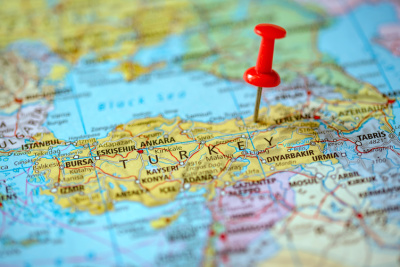Erdoğan Is Not About to Pivot to the West
By Barçın Yinanç
August 17, 2023
It is naïve to expect Turkey to distance itself from Russia. As in the past, Turkish-Russian cooperation will go hand in hand with competition as the two leaders cannot afford to sever their ties. Erdoğan is unlikely to pivot to the West at the expense of turning his back to Putin. He is likely to continue his careful balancing act between Russia and the West. While there are reasons that impel Erdoğan to improve Turkey’s relations with its Western partners, the Turkish president must in fact also make sure to nurture the relationship with Russia. Erdoğan will use the ratification of Sweden’s NATO membership and his ties to Putin as leverage on the EU.
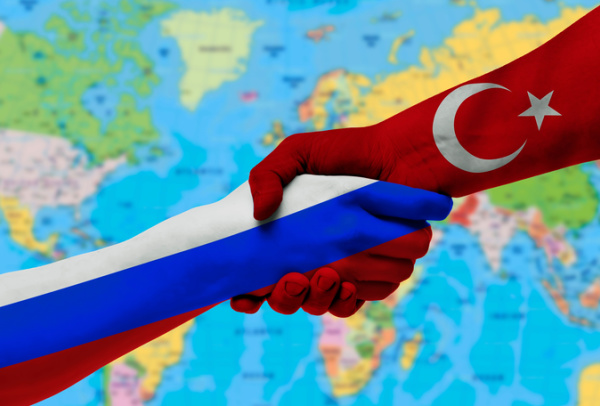
The “Shadow” Foreign Minister Steps into the Light: Hakan Fidan Enters the Cabinet
By Reuben Silverman
June 14, 2023
During more than twelve years as director of the National Intelligence Organization (MİT), Hakan Fidan played a central role in expanding Turkey’s regional influence. From the Syrian Civil War to the government’s global crackdown on the Fethullah Gülen movement, he was involved in shaping and implementing major policies. His appointment as foreign minister on June 4, following President Recep Tayyip Erdoğan’s reelection, is meant to signal a return to more unified, consistent diplomacy following a decade of uncertainty. The appointment of Fidan may also be part of an effort to present a “moderate” image to international institutions and not least to the United States.
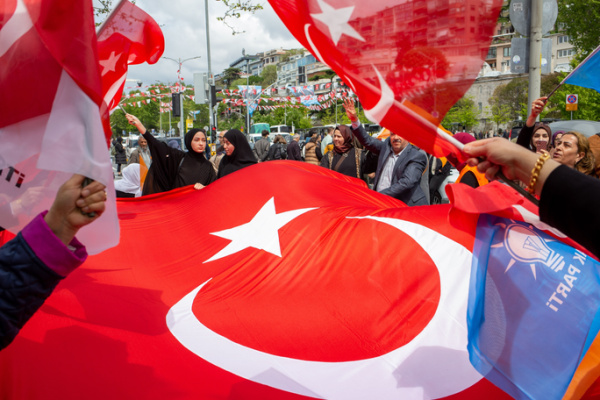
Does Kılıçdaroğlu Have a Path to Victory?
By Halil Karaveli
May 23, 2023
Kemal Kılıçdaroğlu’s failure in the first round of Turkey’s presidential election is a testimony to the waning appeal of liberalism in the face of ethnic conflict and refugee flows. The Turkish nationalism on which Kılıçdaroğlu has fatefully stumbled is fuelled by the Kurdish challenge and the Syrian refugees. But it is also fed by a heightened sense of national insecurity in a global context of escalating geopolitical confrontation. The virulently nationalist rhetoric against the Syrian refugees that Kılıçdaroğlu has adopted in order to make himself a palatable choice to right wing Turkish nationalists does not necessarily offer him a path to victory. Tarnishing his image as a liberal and social democrat, he risks forfeiting the support of the Kurdish voters as well as the support of Turkish liberals and leftists.
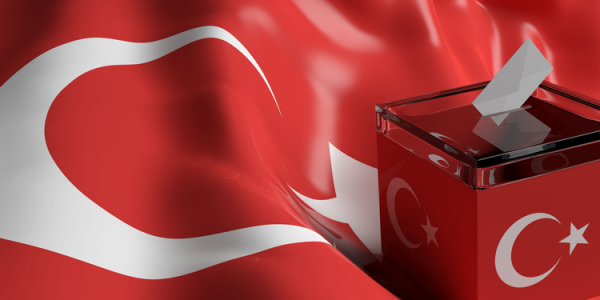
Can the Turkish Opposition Win Without Promising Social Change?
By Barış Soydan
March 24, 2022
While the disaster that struck Turkey on February 6 has brought attention to the collusion between political power and construction companies, the fact that the opposition maintains the same unhealthy relations with business where it’s in charge and its reluctance to address the concerns of the poorer classes preclude deeper, systemic changes if it wins the election. But without holding out the prospect of major social and economic reform, it remains to be seen whether the opposition succeeds in beating Recep Tayyip Erdoğan.
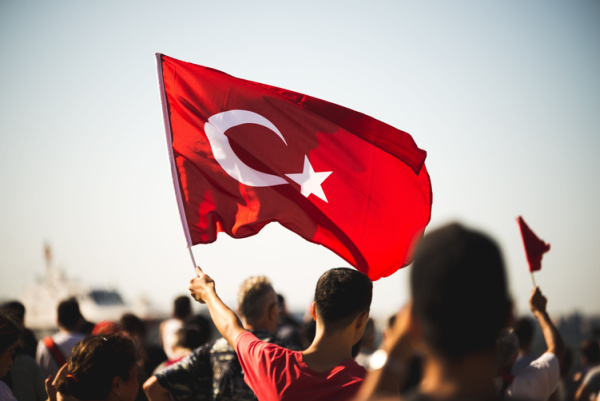
The Reset of the Nation Alliance: Returning Turkey to the West
By Barçın Yinanç
March 9, 2022
The Nation Alliance reasserts Turkey’s place in the West and as a Western democracy. In case of victory, the Turkish opposition alliance will orchestrate a careful distancing from Russia and reset Turkey’s relations with its Western allies. What the main Turkish opposition alliance holds forth is a return to the decades-long principles of the Turkish republic that will be marking its centenary this year. These include, notably, the principle of non-interference in internal affairs of other nations. The opposition pledges to “put an end to practices based on domestic political calculations and ideological approaches in foreign policy.”
